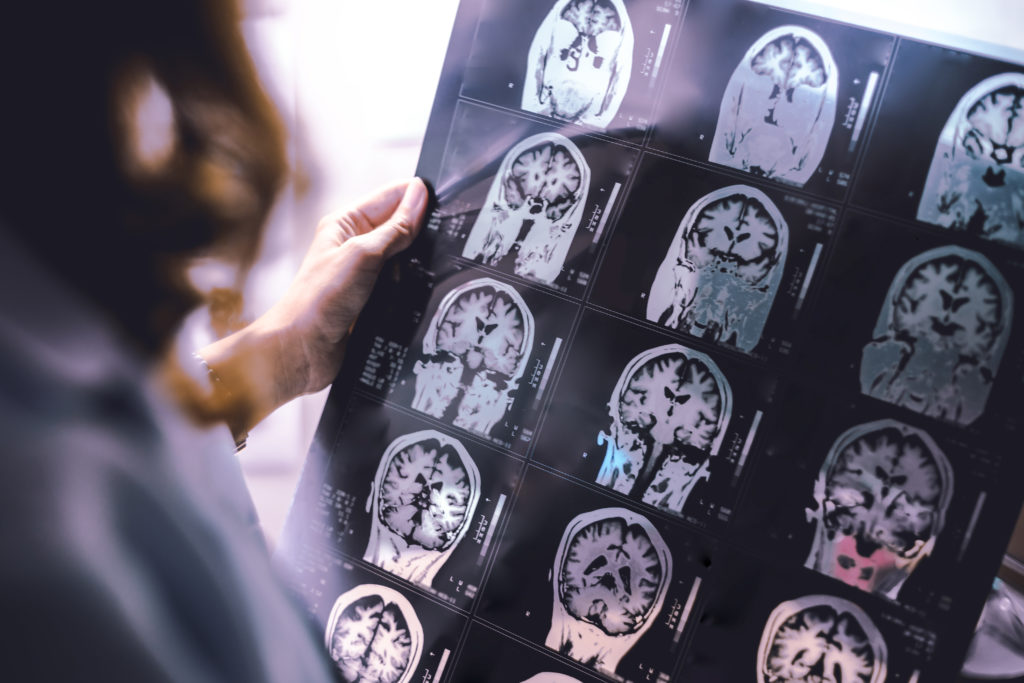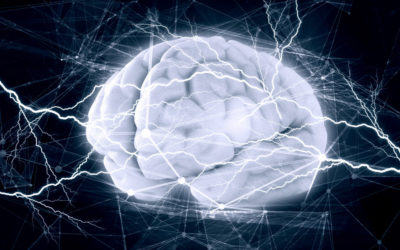Quick Hits
Daily brief research updates from the cognitive sciences

Brain scanning of political partisans is not new and it has long been reported that brain scans can predict political affiliation. But those studies were scans of political partisans in situation that elicited emotional responses such as looking at pictures of political candidates or asking questions on policy issues.
The question these researchers wanted to answer is can you predict a person’s political affiliation just by looking at their brains while they were doing random tasks or even nothing at all!
What did these researchers at Ohio State University do?
The researchers recruited 174 participants to take part in the study and questioned them on their political affiliation and the intensity of this. They then underwent various brain scans while doing various standard testing activities. These activities were unrelated to politics. These included reward response tasks, clicking quickly on screen to receive a reward, empathy tasks, short-term memory task, episodic memory, matching names to faces, and more.
Interestingly they also did resting state scans, scanning the brain while doing nothing.
By measuring functional connectivity i.e. how brain regions connect they were then able to match correlations to political ideologies.
What did they find?
And yes, they found that using this functional connectivity they could predict political affiliation as effectively as with the best other predictor. What is the best other predictor you may ask? It is the political affiliation of your parents.
What is more interesting is that this correlation was just as effective by looking at resting state brain activity – so by looking at your brain at rest they could predict political affiliation.
It is not a perfect correlation but nevertheless intriguing and fascinating at the same time.
An additional note is that the reward task was most predictive of political extremism, showing a surprisingly high corelation, which shows that politics seem to resolve around emotionality. Just what this could mean is another question for further research.
So, is there a conservative brain and liberal brain (in the USA that is)? It certainly seems so●

Andy Habermacher
Andy is author of leading brains Review, Neuroleadership, and multiple other books. He has been intensively involved in writing and research into neuroleadership and is considered one of Europe’s leading experts. He is also a well-known public speaker speaking on the brain and human behaviour.
Andy is also a masters athlete (middle distance running) and competes regularly at international competitions (and holds a few national records in his age category).
Reference
Seo-Eun Yang, James D Wilson, Zhong-Lin Lu, Skyler Cranmer.
Functional Connectivity Signatures of Political Ideology.
PNAS Nexus, 2022;
DOI: 10.1093/pnasnexus/pgac066
More Quick Hits
Yes, Fake Smiling Does Improve Your Mood
Can just smiling, even if fake, improve your mood? This has been proven, debunked, re-proven and now re-re-proven…
How Your Brain Decides to Help Others in Danger
In times of crises and danger we may hide and flee as our natural instincts would guide us, or do something else: put ourselves at danger and help others.
Two Types of Willpower
There are two types of will power – and one is much more effective…
Our Brains Seem to Use Quantum Computations
It has been proposed that our brain uses quantum processes but this is hard to prove – until now that is…
Insults Trigger the Equivalent of a Slap to the Face in the Brain
What do insults do to our brain wave patterns, do they degrade over time and how do they compare to compliments?
Even a Short Bout of Exercise Can Boost Brain Growth
Exercise is good for you – we all know that. But can just a single bout of exercise do you and your brain any good?






